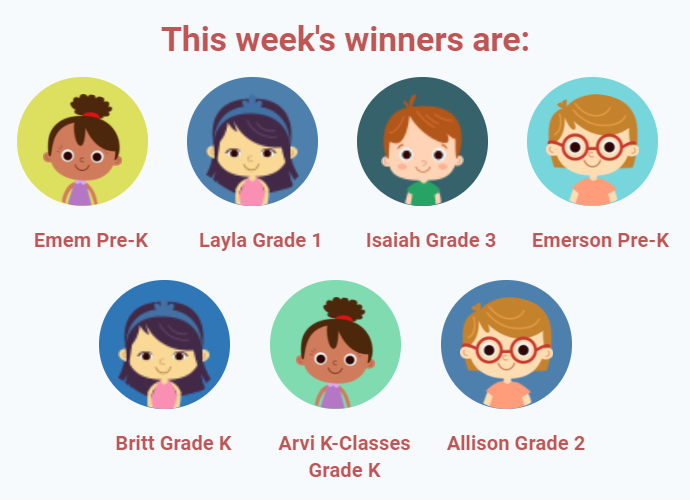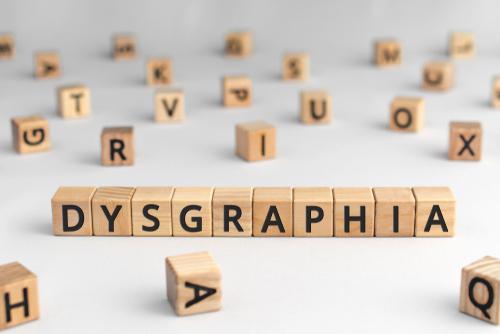Understanding democracy Worksheets for Ages 5-9
3 filtered results
Difficulty Level
Grade
Age
-
From - To
Subject
Activity
Standards
Favorites
With answer key
Interactive
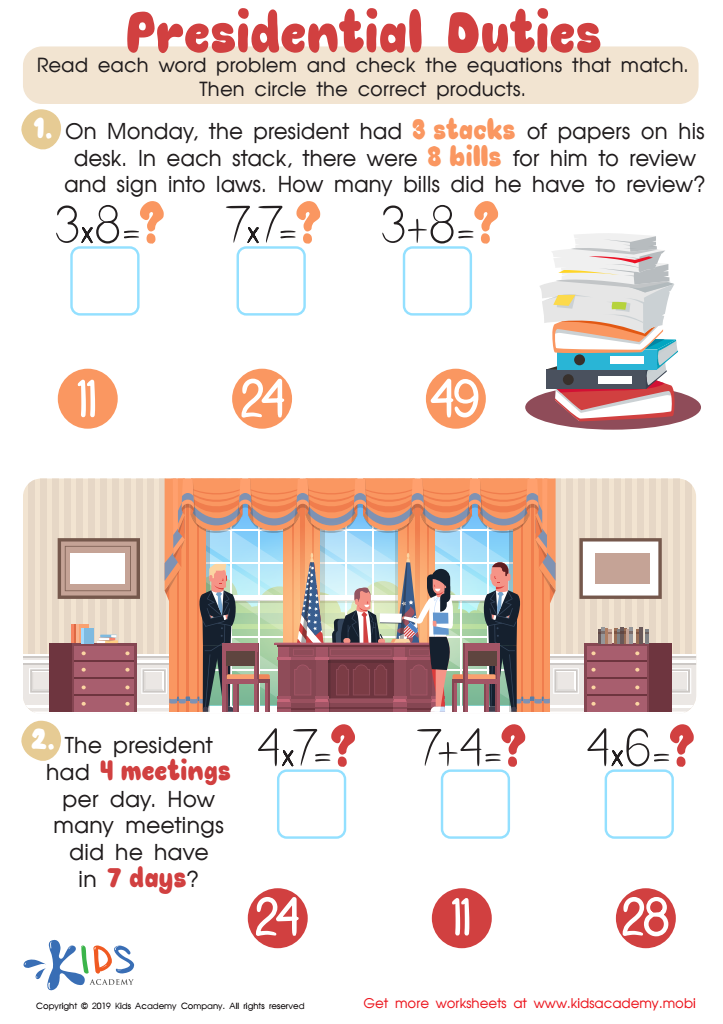

Presidential Duties Worksheet
Presidents have many duties. Utilize this worksheet to review the important ones while solving multiplication word problems. Read each passage, determine the equation, then find the product and select the correct answer.
Presidential Duties Worksheet
Worksheet
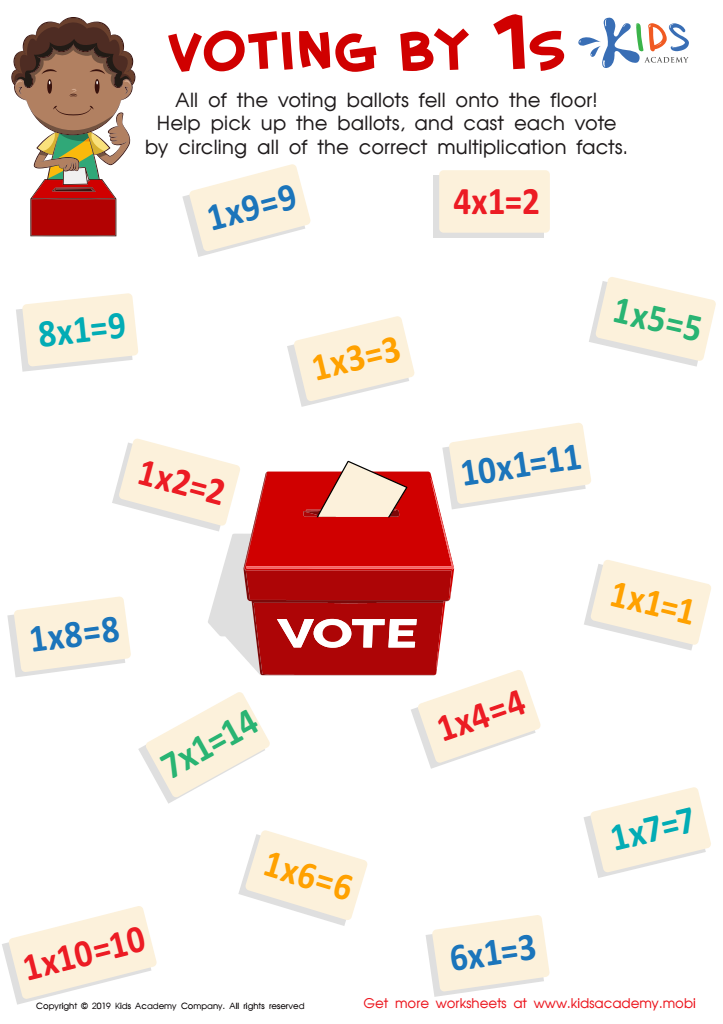

Voting by 1s Worksheet
Ask your child if they can list duties of a good citizen. These include voting, to elect right leaders. With this worksheet, the voting ballots have fallen to the floor! Help your kids pick them up and cast each vote by circling the correct multiplication facts.
Voting by 1s Worksheet
Worksheet
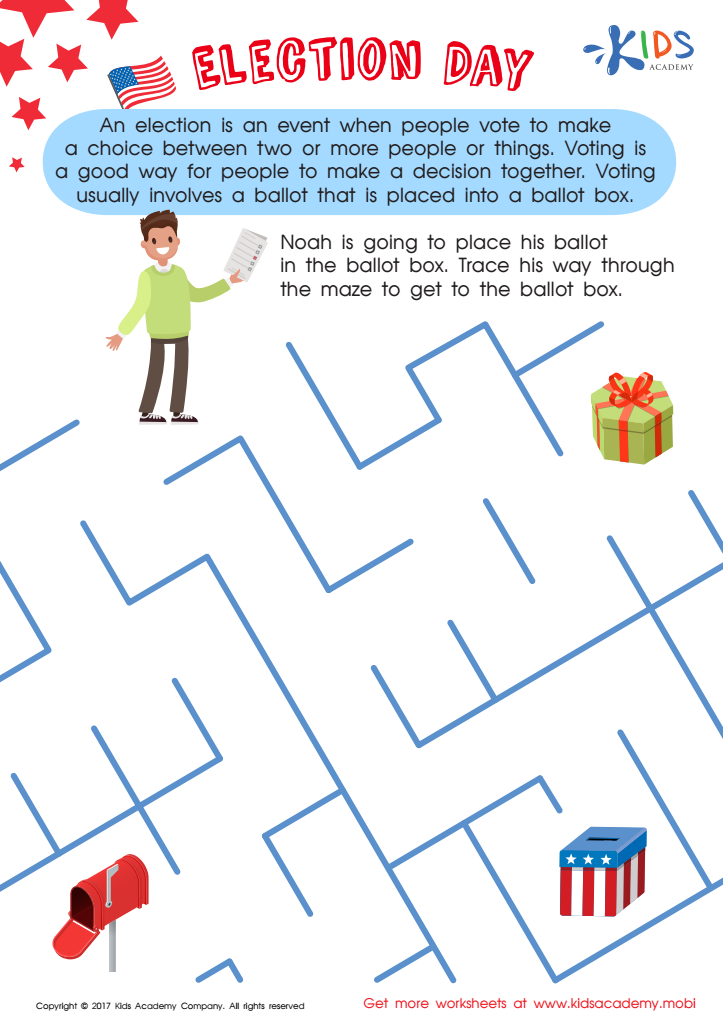

Election Day Worksheet
Get the election day worksheet PDF and teach them the value of voting - an integral part of our democracy! 80 words
Election Day Worksheet
Worksheet
 Assign to the classroom
Assign to the classroom


